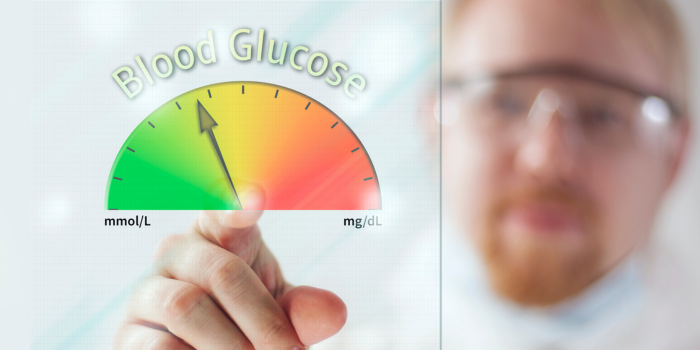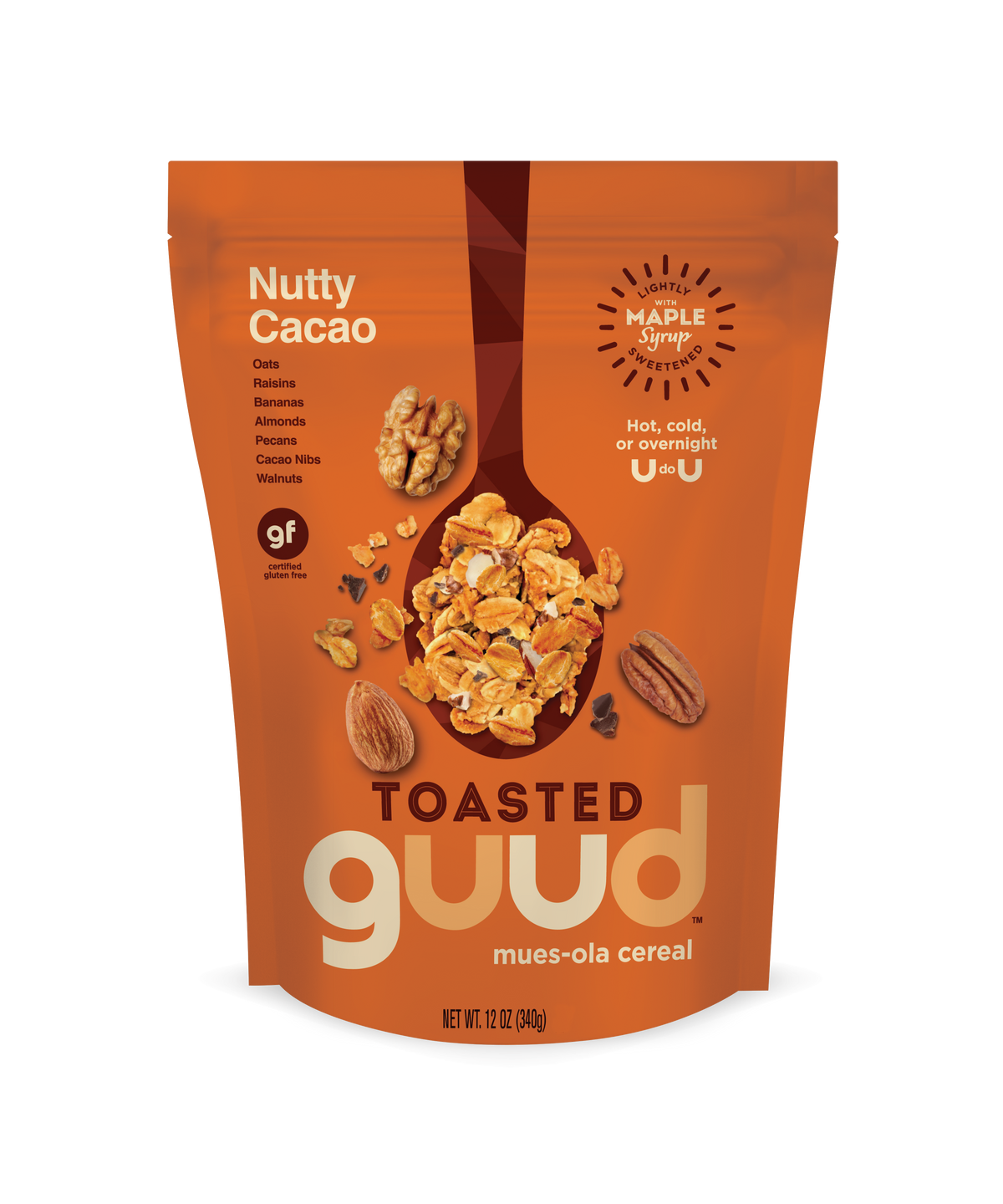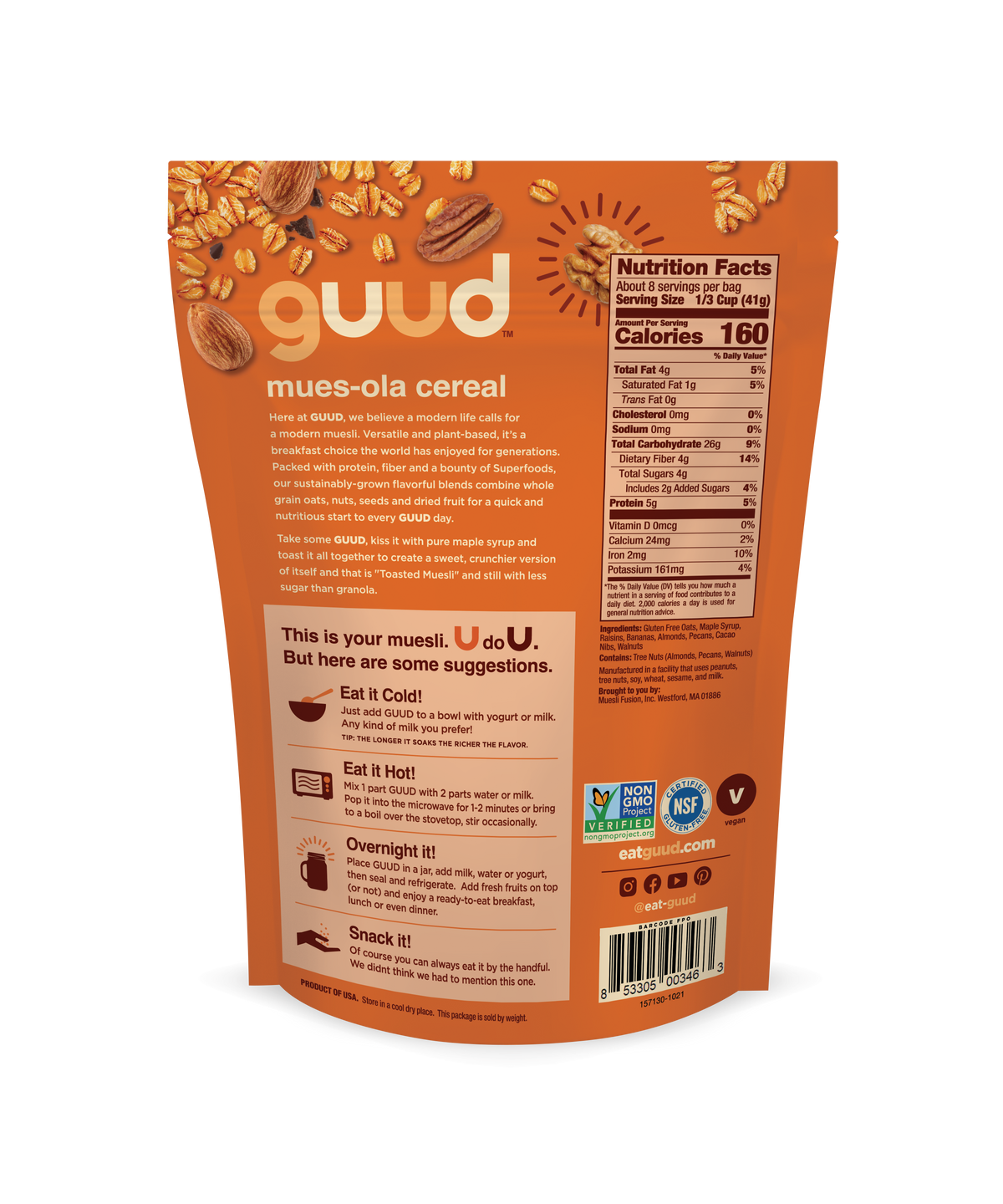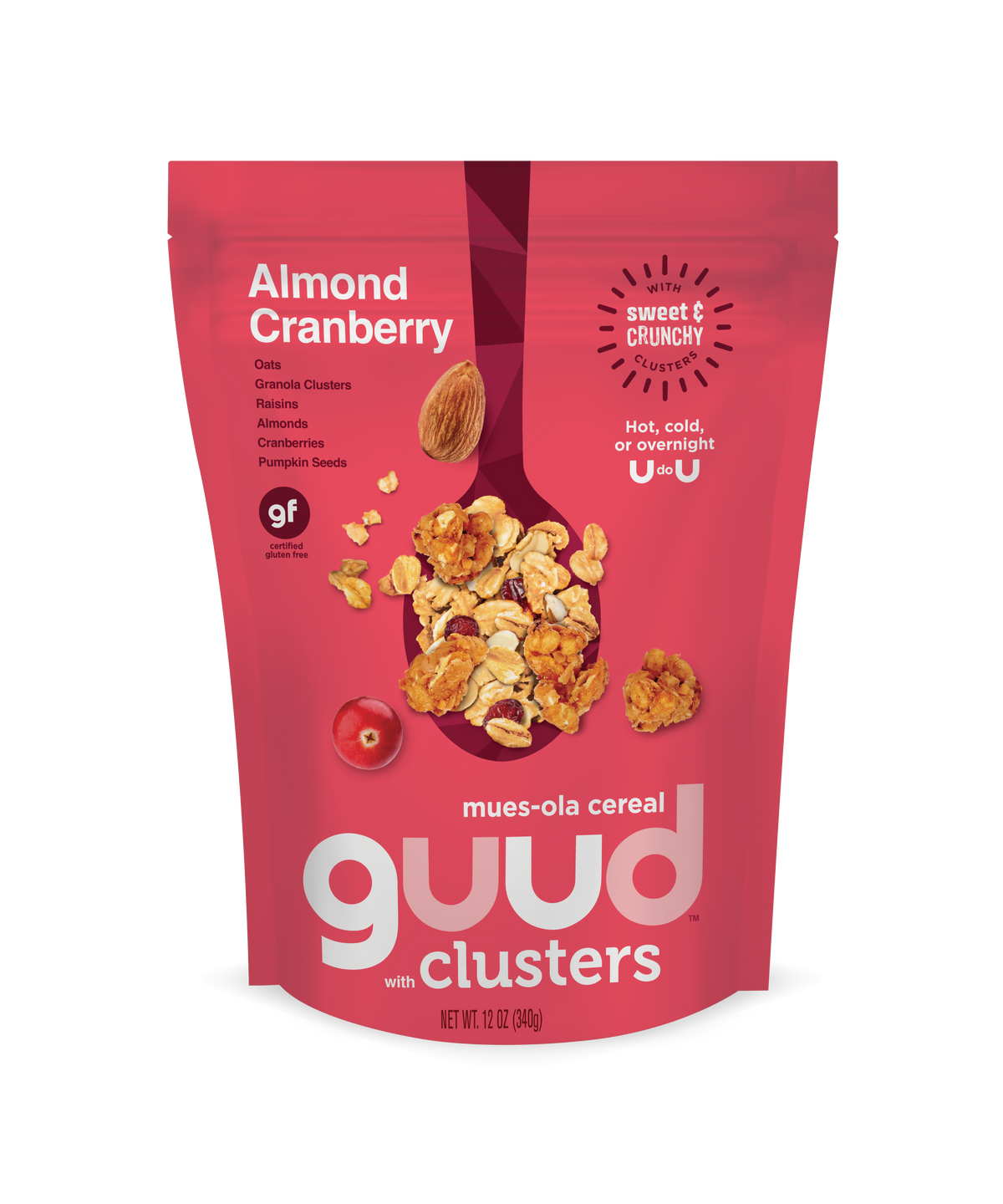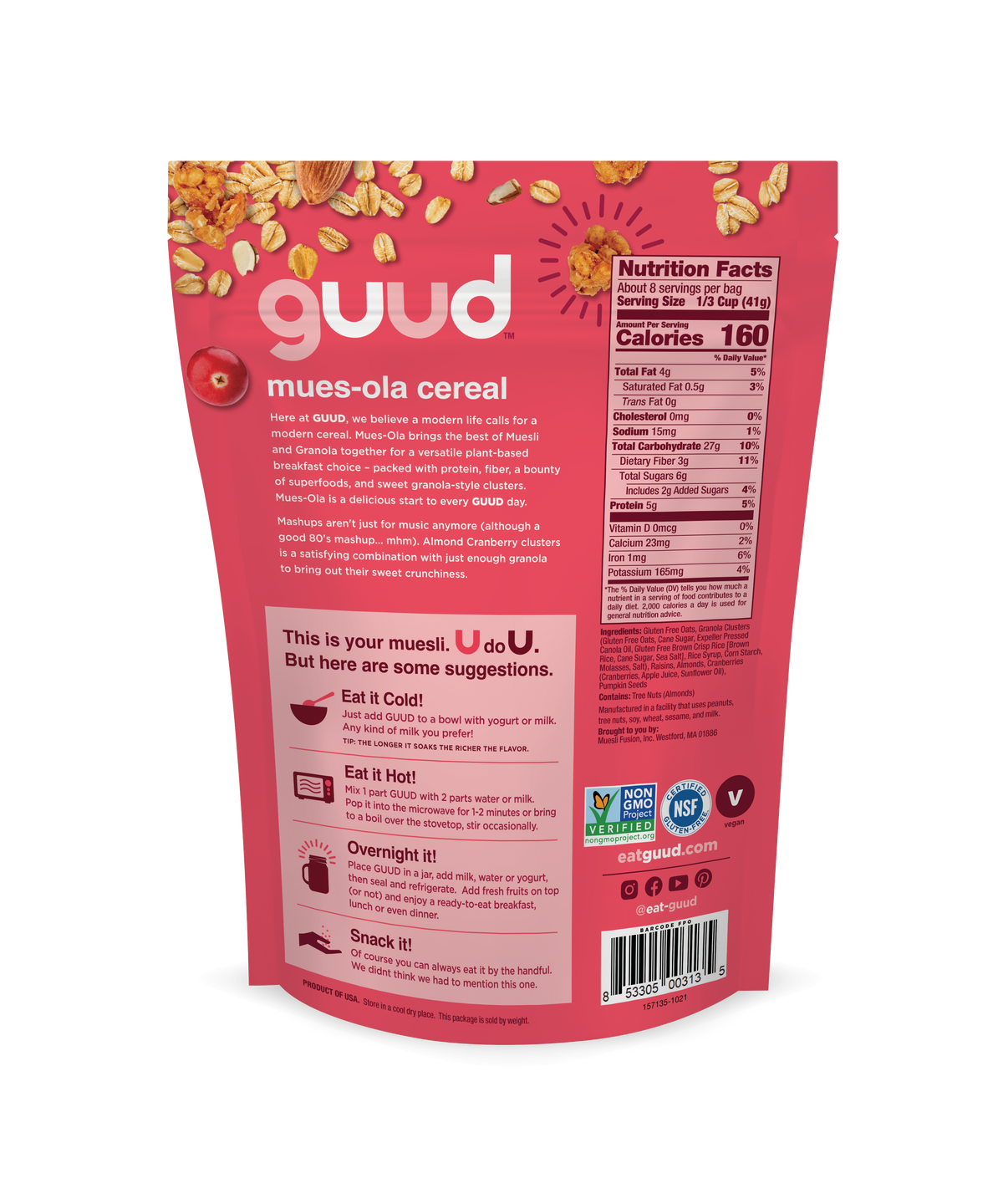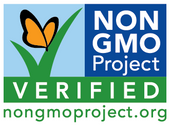Sugar substitutes can be confusing for the average person, considering how many different varieties there are, plus mixed messages about their pros and cons. On one hand, replacing regular sugar with zero-calorie or low-calorie alternatives, such as aspartame or stevia, can reduce your overall sugar and calorie intake. Yet, indulging in foods with these ingredients too often can cause cravings for more sweets and possibly other health concerns, such as heart-related issues and stroke.
Many different types of sugar substitutes are available, including both artificial and "natural" kinds, each with unique characteristics. While most are considered safe when consumed in moderation, some may have potential health risks when eaten regularly or in large amounts, such as messing with your blood sugar levels, appetite, digestion, and/or cardiovascular and metabolic health.
For example, a 2023 Harvard Health article states, "Another study adds to the suspicion that artificial sweeteners may do more harm than good." In this blog post, we'll help clear up confusion about sugar substitutes, focusing on the downsides and healthier options you can opt for instead.
What Are Sugar Substitutes?
Sugar substitutes are sweeteners that are used as a substitute for sugar. They're designed to provide sweetness to foods without the added calories or metabolic impact of regular sugar. There are several types of sugar substitutes available on the market, each with its own set of advantages and disadvantages. Some are derived from plants and considered more natural, while others are man-made in labs.
Where do you find sugar substitutes?
Artificial sweeteners and other sugar alternatives are commonly added to processed and packaged foods and beverages. You'll find sugar subs in:
- Diet sodas and other low-calorie beverages: Many diet sodas and other low-calorie beverages, such as iced teas, sports drinks, and energy drinks, are sweetened with artificial sweeteners like aspartame, saccharin, and sucralose.
- Low-carb packaged foods: Foods labeled “sugar-free,” “keto,” “low carb” or “diet” almost always include artificial sweeteners or sugar alternatives.
- Packaged and processed foods: Cereals, flavored yogurts, sugar-free gum, candy, snack bars, and instant oatmeal are all likely to contain sugar subs.

- Baked goods and desserts: Some baked goods and desserts, such as cakes, cookies, and ice cream, may contain artificial sweeteners to enhance their sweetness and flavor.
- Condiments and sauces: Artificial sweeteners may be added to condiments and sauces, such as ketchup, barbecue sauce, and salad dressings.
Different Types of Sugar Substitutes
Some common types of sugar substitutes include:
- Artificial Sweeteners: Artificial sweeteners are synthetic substances that are designed to mimic the taste of sugar. Some common examples include aspartame, saccharin, and sucralose. These sweeteners are often used in diet and low-calorie products as they provide sweetness without adding any calories.
- Natural Sweeteners: Natural sweeteners are derived from plants or fruits and are often used as a substitute for sugar. Some examples include stevia, monk fruit extract, and erythritol. These sweeteners are often marketed as "natural" or "healthy" alternatives to sugar.
- Sugar Alcohols: Sugar alcohols are carbohydrates that are used as sweeteners. Some examples include xylitol, sorbitol, and mannitol.
Negative Health Impacts of Sugar Substitutes
It's true that artificial sweeteners are very low in calories and do not raise blood sugar levels, making them a good option for people with diabetes. However, some studies have suggested that they may have negative health effects when consumed in large quantities. One example is a large study that came out in 2022, which found a potential link between artificial sweeteners (especially Aspartame/Equal, acesulfame potassium, and sucralose/Splenda) and an increased risk of strokes, heart attacks, and related cardiovascular problems.
While sugar substitutes are still "generally considered safe for consumption" when consumed in moderate amounts, there are potential drawbacks and risks associated with the use of some types of sugar alternatives.
Here are some of the reasons why sugar substitutes may be considered problematic for your health:
- Potential Health Risks: Some studies have suggested that consuming large amounts of certain sugar substitutes, such as artificial sweeteners, may be linked to negative health effects, including a possible increased risk of certain diseases like cancer, obesity, and metabolic syndrome. This may be because "artificial sweeteners seem to trigger inflammation and alter normal metabolism, the gut microbiome, and blood vessels in ways that promote type 2 diabetes," according to experts at Harvard Health. However, the evidence is mixed, and more research is needed to fully understand the potential risks.
- Digestive Problems: Some sugar substitutes, particularly sugar alcohols like sorbitol and xylitol, can cause digestive issues like bloating, gas, and diarrhea when consumed in large amounts. There's also evidence that some sugar subs alter the gut microbiome, potentially negatively affecting digestion and metabolic functions.
- Cravings for Sweets: The more sweet-tasting foods you eat, the more you crave them. Eating any sweets, even if artificially flavored, can lead to a cycle of wanting them more and more in place of more natural, nutritious foods. This may explain why a 2017 study found that artificial sweetener consumption was actually linked to a higher risk for weight gain, higher BMI, and an increased risk for heart problems.
- Limited Nutritional Value: Sugar substitutes provide sweetness without the added calories of sugar, but they don't provide any significant nutritional value. In contrast, natural sweeteners like honey and maple syrup contain small amounts of vitamins and minerals.
What to Use Instead
Compared to artificial sugar subs, natural sweeteners are generally considered to be safer. However, they may still have a caloric impact and can affect blood sugar levels. Natural sweeteners can be used in place of cane sugar in many recipes, however, it's important to remember that they are still high in calories and should be consumed in moderation as part of a balanced diet.
Here are examples of natural sweeteners that are considered to be healthier alternatives to sugar:
- Dried or pureed fruit: If you're baking or making homemade healthy meals, dried fruit and pureed fruit makes a great alternative to sugar. For example, you can use mashed-up bananas or apple sauce in baked goods to enhance the taste and texture, or dried berries or dates in muesli and oatmeal. This boosts your intake of fiber, vitamins, and antioxidants and is unlikely to cause any negative effects.
- Raw/Unpasteurized Honey: Raw honey is a natural sweetener that is rich in antioxidants and has antibacterial properties. It's a good source of vitamins and minerals, including vitamin C, calcium, and iron. However, honey is high in calories and can affect blood sugar levels, so it should be consumed in moderation. Choose pasteurized and local, or Manuka honey, for the most benefits.
- Real (Grade A) Maple Syrup: Maple syrup is a natural sweetener that is derived from the sap of maple trees. It is rich in antioxidants and provides small amounts of vitamins and minerals, including calcium, iron, and zinc. Like honey, maple syrup is high in calories and can affect blood sugar levels, so it should be consumed in small amounts.
- Coconut Sugar: Coconut sugar is a natural sweetener that is derived from the sap of coconut palms. It is lower on the glycemic index than sugar, meaning it has a less dramatic effect on blood sugar levels. It also contains small amounts of vitamins and minerals, including iron, zinc, and calcium.

Certain sugar substitutes can be good options for people looking to reduce their sugar intake or manage their blood sugar levels. However, they get you in the habit of eating very sweet (and sometimes calorie-dense) foods, which is something you want to avoid. It's important to consume any sweets in moderation, plus it's worth noting that the potential risks associated with sugar substitutes vary depending on the type of sweetener, the amount consumed, and individual factors like age and health status. As with any food or drink, moderation is key!
Want to enjoy a healthy breakfast or snack that isn't loaded with sugar or artificial sweeteners? GUUD cereal fits the bill! Our mueslis are made with whole-grain oats, dried fruits, and superfoods like cocao and coconut, providing natural sweetness without additives or unnecessary sugar.

